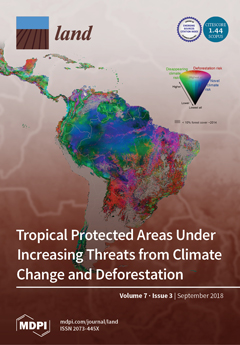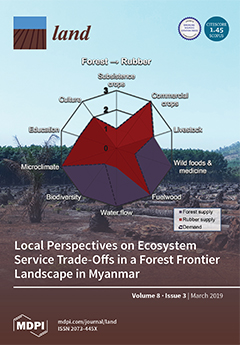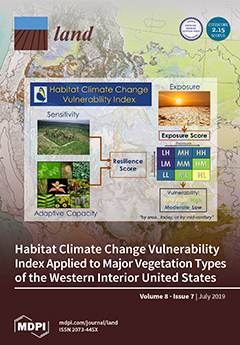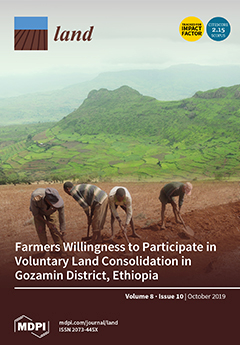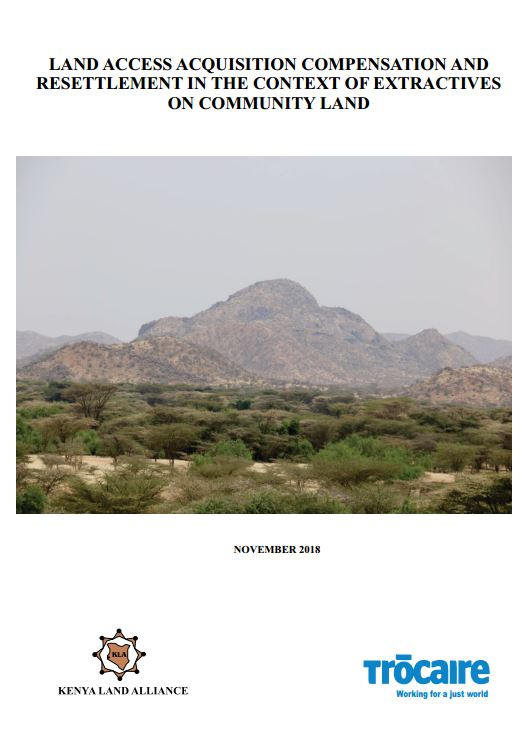Land Grabbing in Europe? Socio-Cultural Externalities of Large-Scale Land Acquisitions in East Germany
Recently, we witnessed an immense increase in international land transactions in the Global South, a phenomenon slowly expanding in northern industrialized countries, too. Even though in Europe agriculture plays a decreasing economic role for rural livelihoods, the increases in land transactions by non-local, non-agricultural investors pervades rural life. Nevertheless, the underlying processes are not yet well understood. Large-scale land acquisitions describe such purchases and leases in a neutral way, while ‘land grabbing’ expresses negative consequences for rural people.

